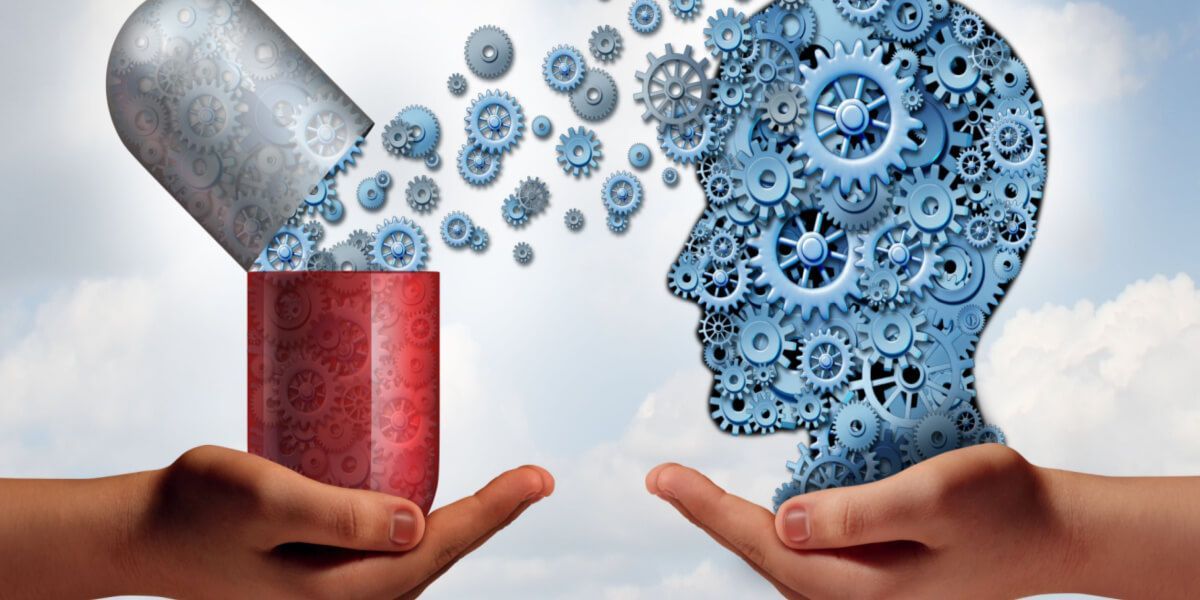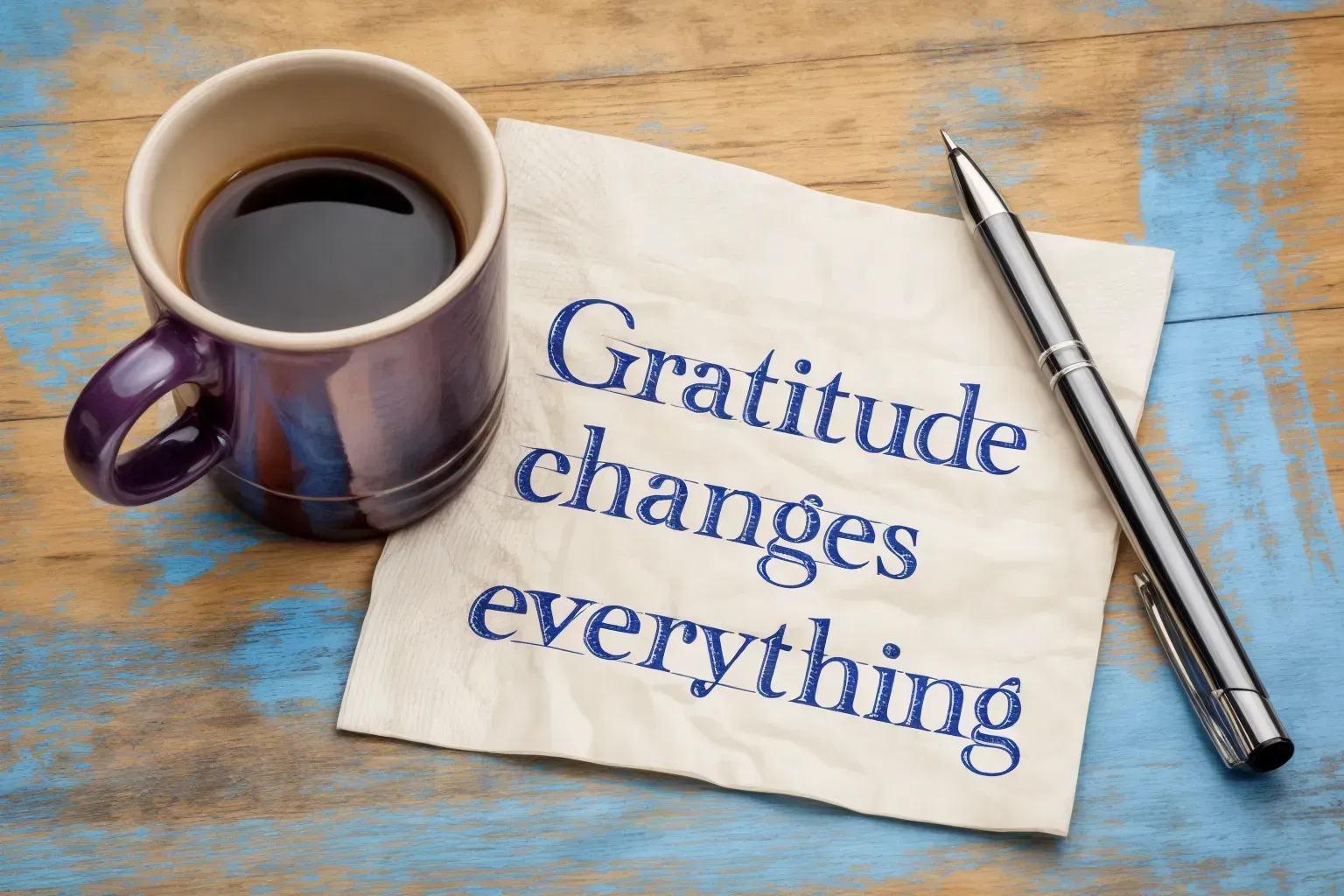Explore Our Blog
Addiction Part 8: Common Triggers and How to Overcome Them
Advance Minds Blog
A safe space to explore subjects within the community such as mental health, substance abuse and personal identity.
Our safe space also provides the opportunity for real individuals to express their hardships and success through writing.
Even after someone stops using a substance or behavior, the urge to return can show up unexpectedly.
These urges are often linked to triggers

Internal or external cues that reignite cravings and old patterns.
Understanding triggers is one of the most powerful tools in recovery.
Once you can name them, you can learn how to face them without falling back.
🧠 What are triggers?
Triggers are things that remind the brain of past addiction and activate cravings.
They can be:
🗓️ External – places, people, smells, songs, or events
💭 Internal – emotions like stress, shame, boredom, or loneliness
Triggers don’t mean someone has failed—they’re part of the healing process. Awareness is the first defense.
🚨 Common types of triggers
While triggers can be personal, many are surprisingly common:
🍻 Social situations involving alcohol or drugs
💼 High-stress work environments
💔 Relationship conflict
📱 Boredom or too much unstructured time
🌑 Negative emotions like guilt or sadness
The goal isn’t to avoid life—but to learn how to respond rather than react.
🛠 Tools for managing triggers
With the right strategies, you can reduce the power triggers have over you:
🧘 Practice mindfulness to stay grounded
🗣️ Talk to a sponsor, therapist, or friend
🚶 Leave triggering situations when needed
🧩 Replace risky routines with healthy habits
📓 Journal to track patterns and progress
Preparation builds resilience.
🌀 What about unexpected triggers?
Some triggers may come out of nowhere—an old song, a familiar street, a scent.
These can catch you off guard. In those moments:
⏸️ Pause
🌬️ Take a deep breath
📞 Reach out for support
✅ Remind yourself of how far you’ve come
It’s okay to be surprised. You still have control.
🔁 Relapse isn’t failure—it’s feedback
If a trigger leads to a slip, don’t spiral into shame. Use it as a learning tool:
🧠 What triggered it?
💭 How did you respond?
🛠️ What can you do differently next time?
Growth happens when we reflect, not when we punish ourselves.
🌿 Final thoughts 💞🌈
Triggers are part of the recovery landscape—not something to fear, but something to understand.
With awareness, tools, and support, they lose their power.
The more you learn about your patterns, the more freedom you gain.
Triggers may knock, but you don’t have to answer.
















